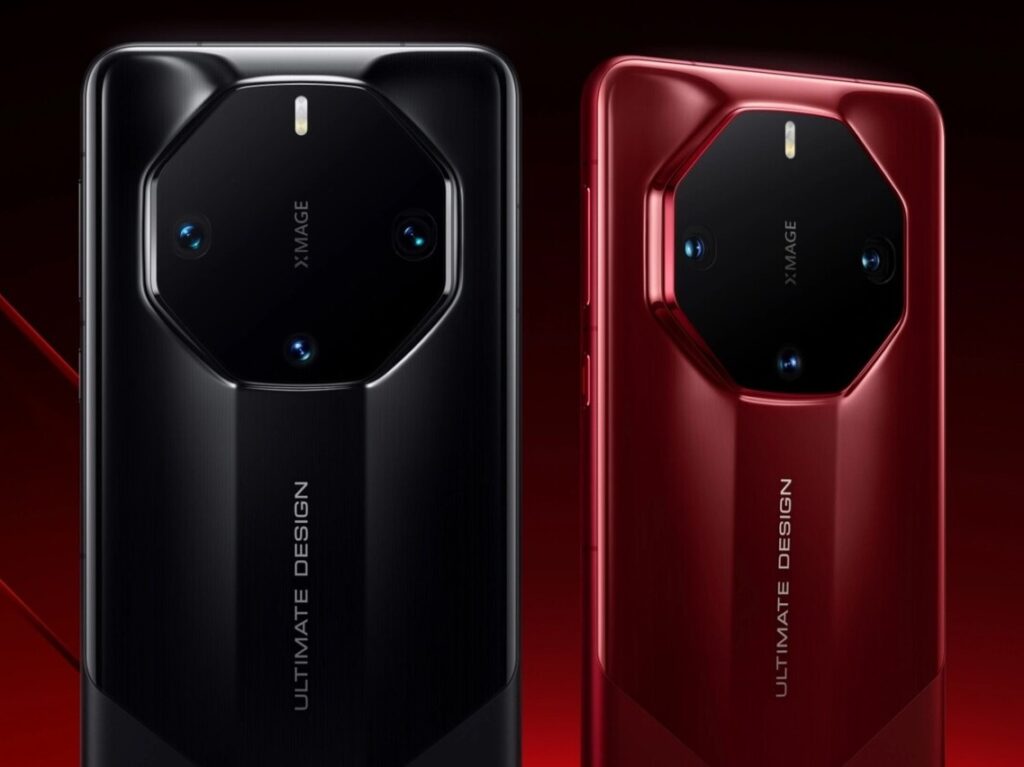US Might Plan to Limit AI Chip Exports to Malaysia
The Trump administration is reportedly moving to restrict the shipment of advanced Artificial Intelligence (AI) chips, including those from industry leader NVIDIA Corp., to Malaysia and Thailand. This significant policy shift aims to counter suspected semiconductor smuggling into China, which is currently subject to stringent U.S. export bans on such technology.
This comes after the previous proposed restrictions placed on the country and the region during the tail end of the Biden administration, which were then reversed when President Trump came into office.
New Draft Rule Targets Suspected Smuggling Routes
A draft rule from the Commerce Department, yet to be finalised, seeks to close loopholes that may allow China to acquire these critical AI components through intermediaries in the two Southeast Asian nations. This measure marks the first formal step in President Donald Trump’s promised overhaul of his predecessor’s “AI diffusion rule.”
The Biden-era framework, which had faced objections from U.S. allies and tech companies like NVIDIA, will be formally rescinded. However, the new regulation will maintain existing semiconductor restrictions targeting China, imposed in 2022 and subsequently strengthened, as well as curbs on over 40 other countries designed to address smuggling risks.
Policy Gaps Remain Despite New Approach
While the new draft rule represents a focused approach to preventing chip diversion, it is not a comprehensive replacement for broader AI export policies. Notably, it does not address the complex issue of security conditions for the use of U.S. chips in overseas data centres, a debate of high stakes, particularly for regions like the Middle East. It remains unclear whether the Trump administration will eventually expand these restrictions to a wider range of countries.
Commerce Secretary Howard Lutnick has previously stated the administration’s vision, emphasising that the U.S. will “allow our allies to buy AI chips, provided they’re run by an approved American data centre operator, and the cloud that touches that data centre is an approved American operator.”
Industry and Government Responses Muted
Neither NVIDIA nor the Thai and Malaysian governments have officially commented on the proposed rule. NVIDIA CEO Jensen Huang has previously asserted a general “no evidence” of AI chip diversion, without specifically addressing any particular country. Malaysia’s Ministry of Investment, Trade and Industry, in response to earlier inquiries about smuggling risks, stressed the importance of clear and consistent policies for the tech sector, while Thailand indicated it was awaiting details.
Southeast Asia: A Critical Junction for AI Chips

Southeast Asia has become a crucial focal point in the global semiconductor supply chain. Malaysia, in particular, has seen a surge in chip shipments and attracted significant data centre investments from companies such as Oracle Corp. This growth, while indicative of economic development, has heightened U.S. concerns about potential illicit diversions. A court case in Singapore, involving charges against three individuals for defrauding customers about the ultimate destination of AI servers, some potentially containing advanced NVIDIA chips shipped from Singapore to Malaysia, underscores the complexity of the issue.
Easing Provisions for Legitimate Businesses Expected
To mitigate potential disruptions to legitimate businesses, the proposed export curbs on Malaysia and Thailand are expected to include transitional measures. These may allow U.S.-headquartered firms and companies from a few dozen allied nations to continue shipping AI chips to both countries without a license for a limited period after the rule’s publication. Additionally, exemptions are anticipated for crucial semiconductor manufacturing steps, such as packaging, which are heavily reliant on Southeast Asian facilities.



